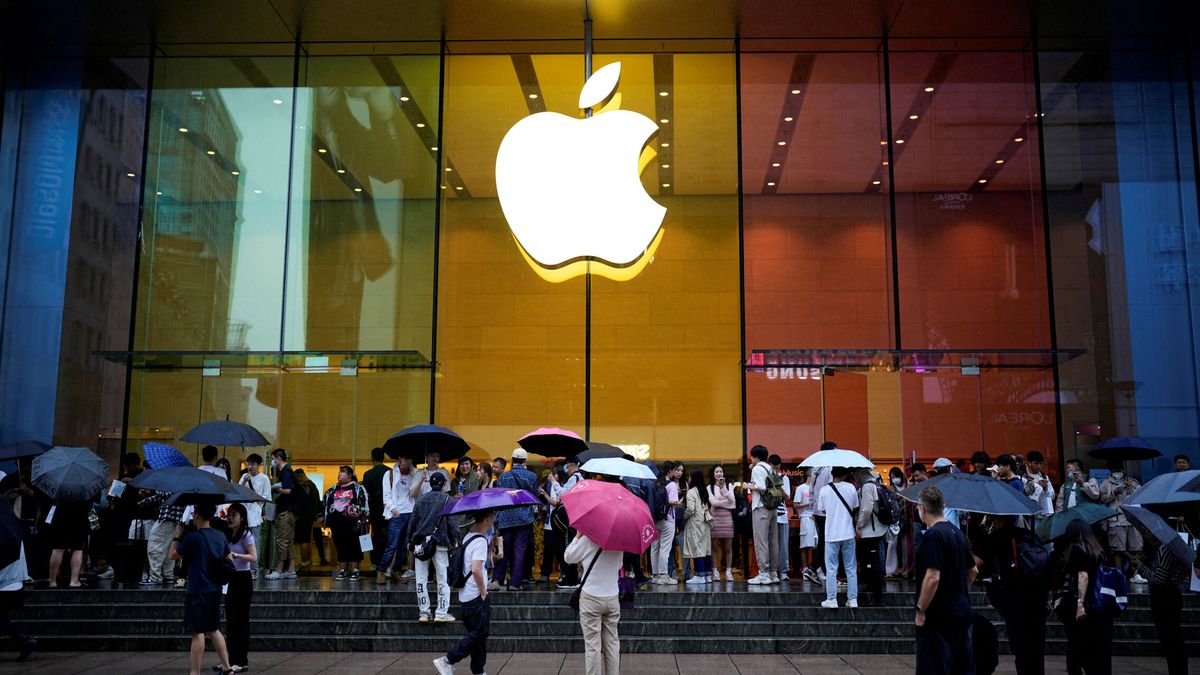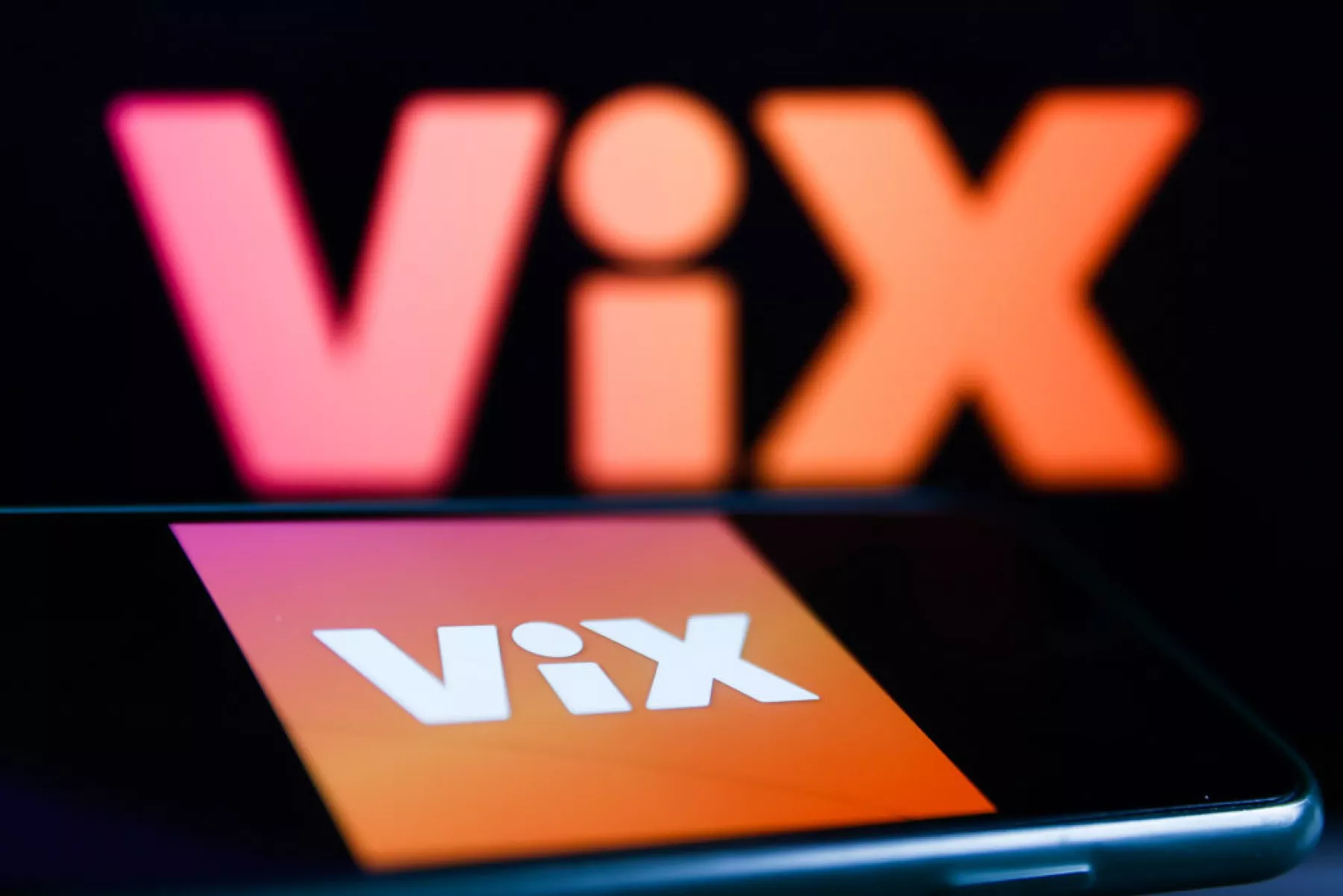
iPhone boosts Apple profits as services grow 14%
The Cupertino company has a closed ecosystem that makes its AppleTV+, Music and Fitness verticals increasingly profitable.
Apple has filed its financial report for the first fiscal quarter of 2025, ended December 28, 2024. The company reported revenue of $124.13 billion, an increase of 3.8% compared to the same period last year. Earnings per diluted share were $2.35, in line with market expectations.
CEO Tim Cook said the growth was driven primarily by strong iPhone 16 sales and record performance in the services segment. However, he acknowledged challenges in the Chinese market, where sales showed signs of weakening.
Analysts say consumers in China are showing a growing preference for local brands, which could be affecting demand for Apple products in the region.
Apple’s services business, which includes offerings like Apple TV+, Apple Music and iCloud, saw 14% year-over-year growth, partly offsetting a slowdown in hardware sales. This segment remains a key pillar in the company’s revenue diversification strategy.
Looking ahead to the second fiscal quarter of 2025, Apple projects revenue of $95.46 billion and earnings per share of $1.66. New CFO Kevan Parekh stressed the importance of monitoring trends in China and the market's response to new AI capabilities built into Apple products.
On the stock market, Apple shares recently closed at $237.59, down slightly by 0.76% in the last trading day. Despite this slight drop, the company maintains a solid financial position and continues to lead the global smartphone market, with a 23% share in the last quarter of 2024.
The company's results come during a dismal week for U.S. tech stocks. After Chinese artificial intelligence firm DeepSeek's app shot to the top spot in Apple's App Store on Monday, share prices plunged for many tech firms, wiping more than $1 trillion off the main U.S. tech index.
Notably, investors have been closely watching Apple’s forays into artificial intelligence, which have advanced at a slower pace than its competitors and received mixed reviews, particularly the debut of Apple Intelligence in late October. The AI-powered product, the company’s first to use generative AI, was highly anticipated, but the technology has been plagued by inaccuracies and misconceptions, as well as limitations on its use in markets such as the European Union.
Leave a comment:


Tranding News



.png)
.webp)





